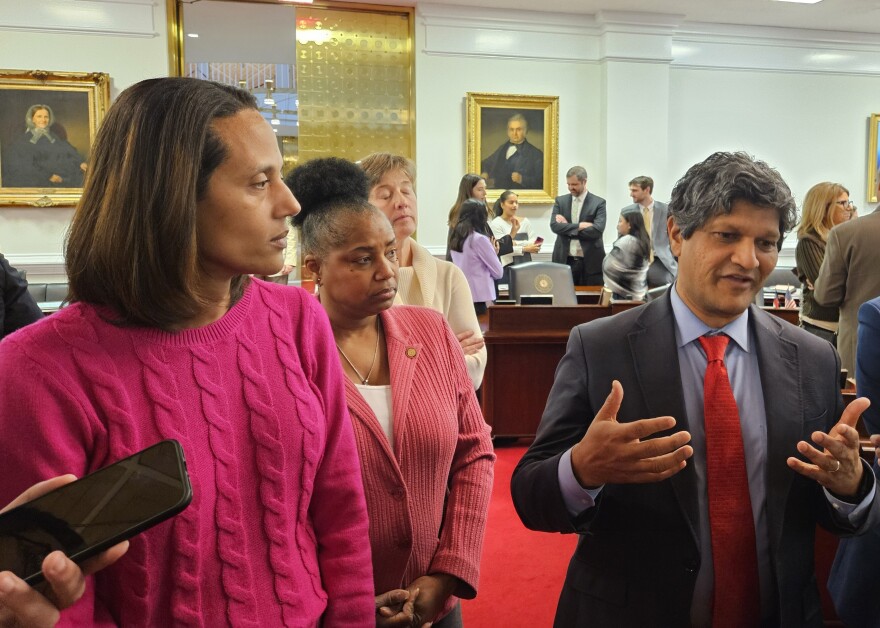The WUNC Politics Newsletter was the first to publish this news. Sign up for the newsletter here to receive a weekly update on state politics from Colin Campbell of WUNC sent to your email every Friday morning.
I pondered whether a similar strategy may work in North Carolina after hearing that Democrats in the Texas House had left the state to thwart a redistricting vote.
It seems unlikely that the Texas legislature has special quorum regulations that demand two-thirds of its members be present in order to cast votes.
A simple majority of members must be present for votes in the North Carolina Senate and House according to quorum rules. Legislative leaders could typically hold votes with a GOP majority even if no Democrats appeared.
The one exception would be in the event if a significant portion of Republicans did not attend the session. Theoretically, Democrats may then attempt to withdraw, denying the GOP a sufficient number of members.
However, according to House rules, if there is not a quorum, 15 members have the power to force absent members to attend and to order that those who fail to provide adequate justifications be taken into prison wherever they may be.
That might provide a lot of drama, but it is very unlikely to occur. Legislative Democrats have, however, before left voting sessions to draw attention to what they perceived to be an unsuitable legislative procedure.
Following the last-minute addition of political finance legislation to a bill concerning masking, Senate Democrats departed the floor last year. At the time, Sen. Jay Chaudhuri, a Democrat from Wake, stated that his caucus “walked out today because it’s critical we shine a light in a dark-of-night rushed process that will undermine our democratic process.”
In a 28-0 vote, Republicans passed the bill, and it was eventually overridden by party-line majorities in both chambers to overcome the veto of then-Governor Roy Cooper.






